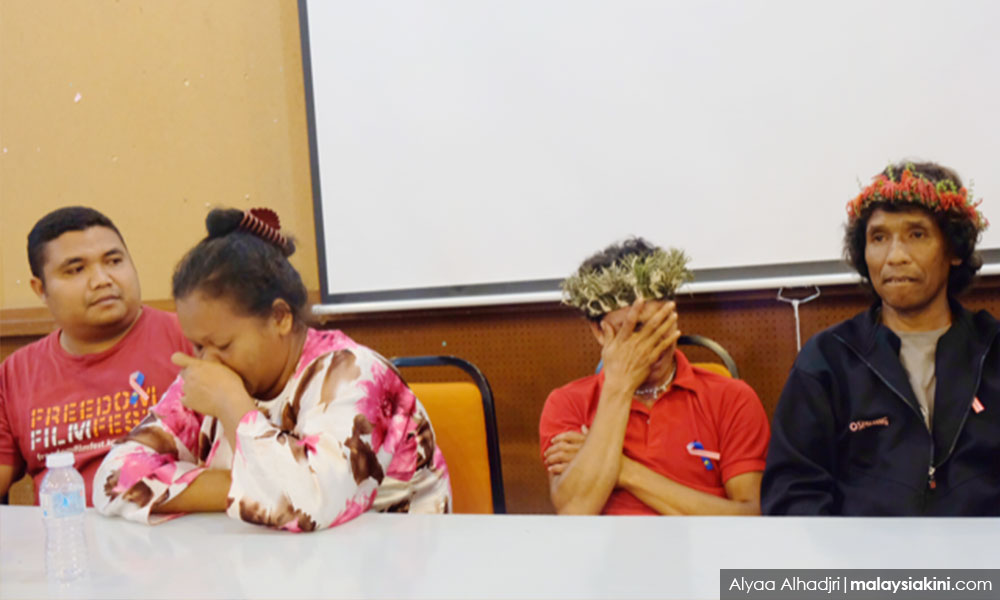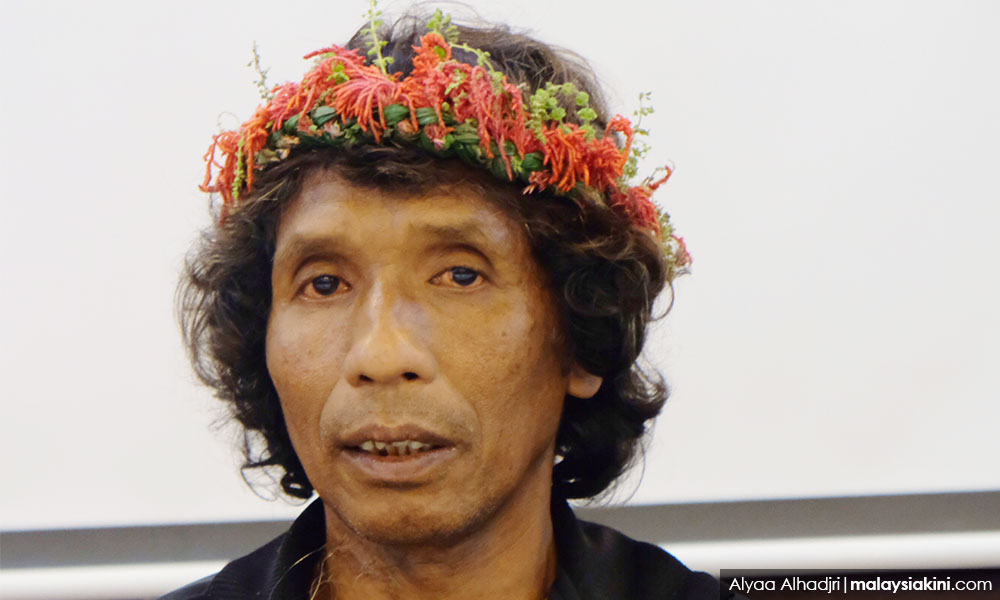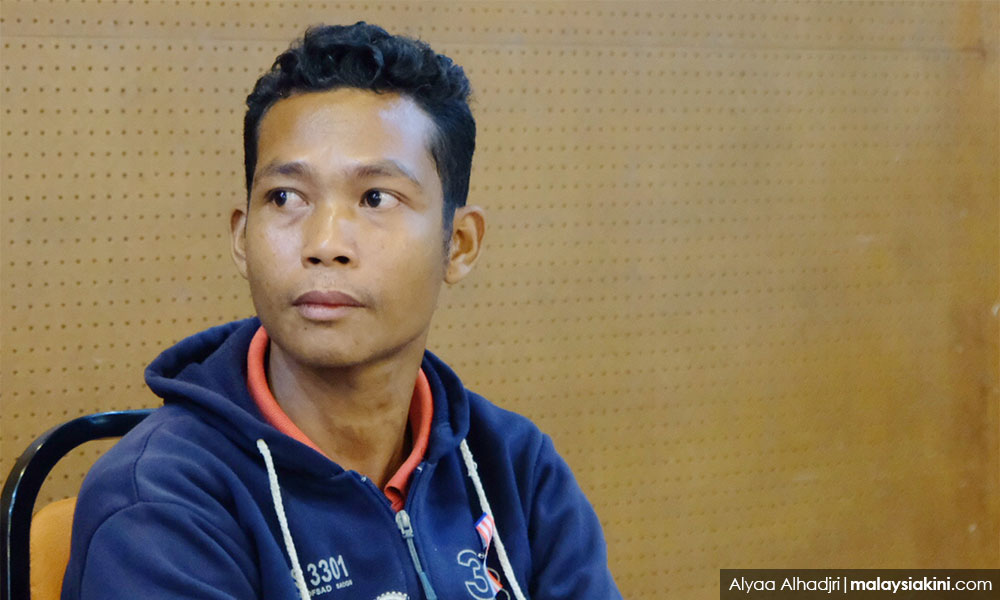
The pain felt by the parents of the seven Temiar (Orang Asli) children who ran away from their hostel at SK Tohoi, Gua Musang, three years ago, is still very tangible
At a press conference this afternoon, Midah Angah, 43, burst into tears when she attempted to recount the incident that resulted in the death of her son, Haikal Yaakob, who was eight years old at the time.
When prompted by activist lawyer Siti Kasim, Midah was unable to speak and started sobbing.
This triggered more tears from the other victims’ family members, who had also gathered at the Kuala Lumpur Selangor Chinese Assembly Hall, in Kuala Lumpur, to announce their lawsuit against the federal government.
On Aug 23, 2015, seven Temiar children were reported missing from their school hostel. Norieen Yaakob, 10, her brother Haikal, Miksudiar Aluj, 11, Ika Ayel, 9, Juvina David, 7, Linda Rosli, 8, and Sasa Sobrie, 8, had run away for fear of being punished for swimming in a nearby river without permission.
The children’s jungle ordeal resulted in four deaths while Sasa’s remains were never found.
After 47 days, two survivors were found in severely emaciated states: Midah's daughter, Norieen, and Miksudiar. Both survivors, aged 13 and 14, respectively were present at today’s press conference.
'A case for Orang Asli rights to education'
'A case for Orang Asli rights to education'
Following the incident, Siti said appeals have been made for the government to build a school in the interiors of Gua Musang.
"This is so that parents will no longer have to send their children to stay at a hostel (in SK Tohoi)," said Siti, who also revealed that the two surviving children stopped going to school after their traumatic ordeal.

Ayel Ajib (photo), who lost his daughter Ika, echoed Siti's call for a school to be built near their village. From their villages, getting to SK Tohoi takes about three to four hours travelling on logging tracks with a 4x4 vehicle.
"Before the incident, we were willing to send our young children to stay at the hostel.
"Maybe no other ethnic groups have to do this (send their children far away, to be left in the care of others). But we did it, because we were thinking of our children's education," he said.
Ayel pointed out that their children, who are sent to stay at the hostel from ages as young as seven, would not know how to take care of themselves.
He added the teachers’ lack of cultural exposure also results in their inability to care for the Temiar children. Previously, there have also been reports of physical abuse.

Another parent, David Kuasan (photo), recalled his own experience of being slapped by a teacher when he was first sent to school at the age of 10.
"Orang Asli children mostly cannot understand Malay. So they are easily scared if they are scolded by a teacher.
"Teachers should understand the (gentle) ways of the Orang Asli. When I was first sent to school in Kuala Betis, a teacher asked my name but I did not understand her, and I was slapped," he recalled.
David lost his second daughter, Juvina, who was seven years old at the time. He recalled that when Juvina was in school, the family rarely saw her because of the great distance and the lack of transportation between the school and their village.
"If we had to walk, maybe it would take us one or two days.
"Now after this tragedy, we are urging the government to please open a school in the interiors," he said, adding that the same concern was also shared by other Orang Asli parents in villages surrounding SK Tohoi. -Mkini



No comments:
Post a Comment
Note: Only a member of this blog may post a comment.